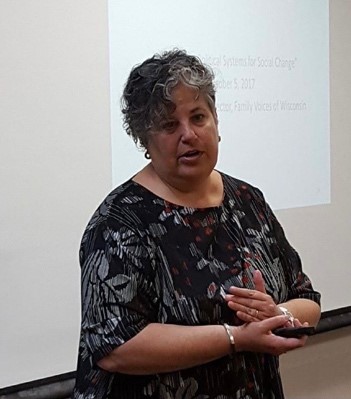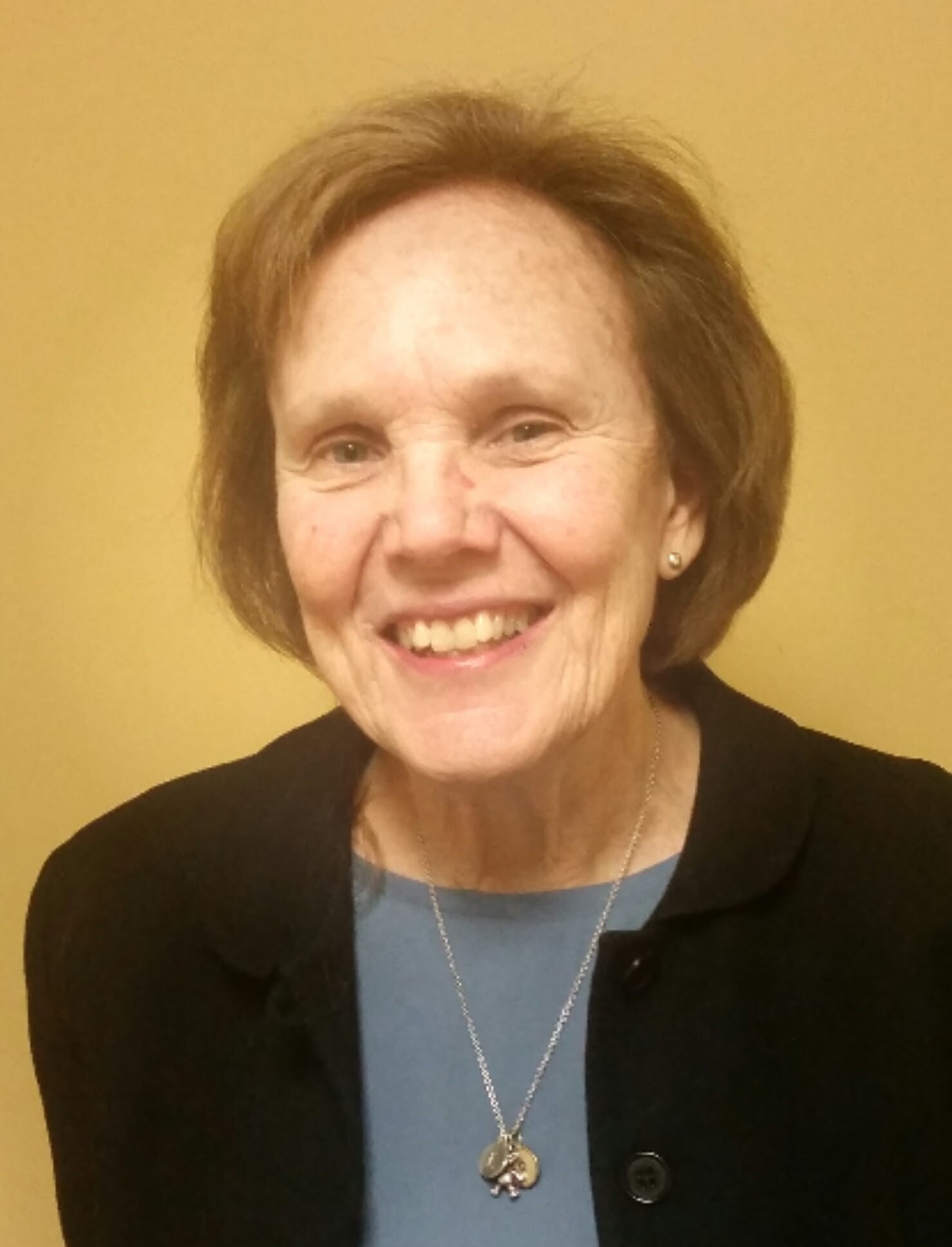
Meaningful Family Partnership for Quality Improvement
Discover the Value of Meaningful Family Partnership
How robust collaboration can improve systems of care for children with medical complexity (CMC).
Meaningful partnership between families, service providers, and agencies involves:
- Full transparency with two-way communication.
- Collaboration with families who are representative of those you serve.
- A shared commitment in the idea/design stage wherein families have pivotal responsibilities (e.g. helping define outcomes) and are valued (and paid) as colleagues –the same as key stakeholders in systems of care.
As a stakeholder working to improve systems of care for children with medical complexity (CMC), you believe there’s a better way to partner with families. A way that is not token involvement but drawing from and utilizing family leader expertise.
We do too!
But we also understand the tremendous pressures you face. So, we’ve collected best practices that make it easy and effective for you to involve families—as colleagues.
“You can’t design something that will work without family involvement.”
– Dr. Berhane, Medical Director Children’s Comprehensive Care
On this website, you’ll find lessons learned from five years of the HRSA-funded Collaborative Improvement and Innovation Network (CoIIN) to Advance Care for Children with Medical Complexity (CMC).
CMC CoIIN Background
The CoIIN tested and spread promising care delivery strategies and innovative payment models for children with medical complexity (CMC) in ten states. Each group learned something different therefore contributing to this collection of resources.
The goals of the CMC CoIIN were to improve the quality of life for CMC, the well-being of their families, and the cost-effectiveness of their care through the development and implementation of innovative care and payment models.
The CMC CoIIN was a project of Boston University’s Center for Innovation in Social Work & Health (CISWH). CISWH is dedicated to expanding the impact of social work in health care and public health to improve the health and well-being of vulnerable populations nationally and globally.
The three core values of the CoIIN are —equity, accountability, and transparency. Implementing these into your family partnership program will make involvement more meaningful. When it’s working correctly family leaders help maximize the quality of your care, save you time, and ultimately insurance payor money.
Now let’s get started!
This collection will help you transform healthcare outcomes for patients, and create more efficient and effective delivery systems for providers, all while meeting the family engagement criteria and Title V block grant requirements.
Best Practices
Click here to download and share tip sheets and videos on how to implement meaningful family partnership.
Benefits
Additional Resources
Find additional resources to equip you to improve your system of care.
Involving families to improve the quality of care can be time-consuming if you’re a provider. It’s time away from reimbursed patient care. Plus, you need the infrastructure in place to collect data that proves you’re making a difference. This can feel overwhelming.
If you’re a hospital administrator or public health official, you face different challenges. You operate within a complex health care system and fight every day to keep the needs of the patients front of mind rather than be bogged down in bureaucracy.
These can be huge hurdles, but we are here to help! This collection will demonstrate why family partnership is worthwhile despite the challenges, and how to achieve it. Please ask any question you may have here:
Do you have a question? Please ask it here!
Family Voices is committed to diversity, equity, and inclusion and ending racism against Children and Youth with Special Health Care Needs (CYSHCN) and their families.
This project is supported by the Health Resources and Services Administration (HRSA) of the U.S. Department of Health and Human Services (HHS) under grant number #UJ6MC32737: Health Care Delivery System Innovations for Children with Medical Complexity ($2,700,000 annually). This information or content and conclusions are those of the authors and should not be construed as the official position or policy of, nor should any endorsement be inferred, by HRSA, HHS, or the U.S. government. Anna Maria Padlan, HRSA/MCHB Project Officer




















